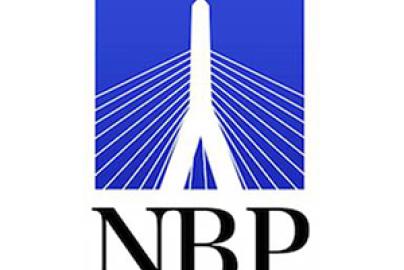
The winning experiment from last year’s Genes in Space competition, a competition sponsored by miniPCR, MƒA, Boeing, the Center for Advancement of Science in Space (CASIS), and New England BioLabs that challenged students to design an experiment to solve a space-exploration problem through DNA analysis, is now aboard the International Space Station. Anna-Sophia Boguraev, the 16-year-old student who designed the experiment, aimed to use a miniPCR to test the effects of weightlessness and cosmic rays on a person’s DNA. The New Boston Post approached MƒA Executive Director Megan Roberts to hear more about how the goals of the competition for students:
The competition “is providing an opportunity for kids to engage in real science and be involved in real ways,” said Megan Roberts, the executive director of Math for America, also a sponsor.
The science competition began last year as a way to foster creativity, collaboration and critical thinking among students interested in biology and science. It works to inspire and motivate the next generation of engineers, scientists and astronauts by providing research access to the space station. […]
“Science is constantly changing,” said Math for America’s Roberts, who believes that both teachers and students must constantly update their subject knowledge and expertise. “Having students work alongside scientists, staying engaged, helps them be part of the scientific discussion."
Read the full article on Genes in Space in The New Boston Post.